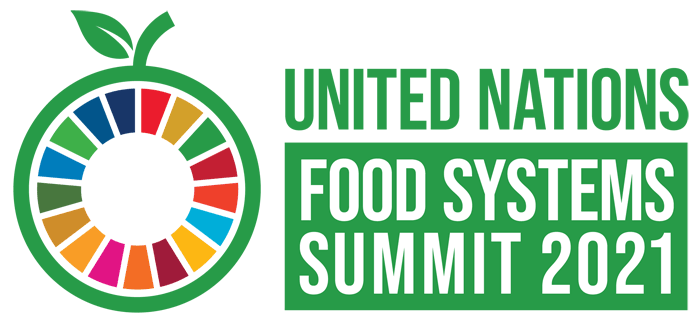by Joachim von Braun (Center for Development Research), Maximo Torero Cullen (Food and Agriculture Organization of the United Nations), David Laborde (International Food Policy Research Institute), Jaron Porciello (Cornell University), and Carin Smaller (International Institute for Sustainable Development)
KEY MESSAGES
- Hunger levels are rising as a result of worsening conflict, economic downturns from COVID-19, the increasing frequency and severity of extreme weather-related events, high food prices, and inflation.
- The need for immediate assistance to respond to the current crises and longer-term investments to address the fundamentals of poverty and low performance in agriculture and food systems are key challenges that need to be addressed in order to end global hunger by 2030.
- Since the G7 Elmau commitment to lift 500 million people out of hunger and malnutrition in 2015, G7 countries have increased their spending on emergency food assistance but have not increased spending for longer-term investments in agriculture and food security.
- For the G7 to meet the Elmau commitment together with other development partners, they need to mobilize an additional USD 14 billion per year on average until 2030, on top of current spending.
Read policy brief here.
